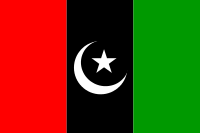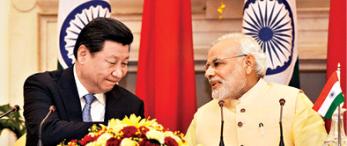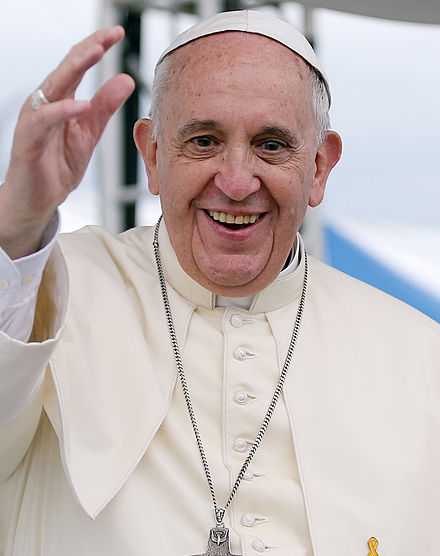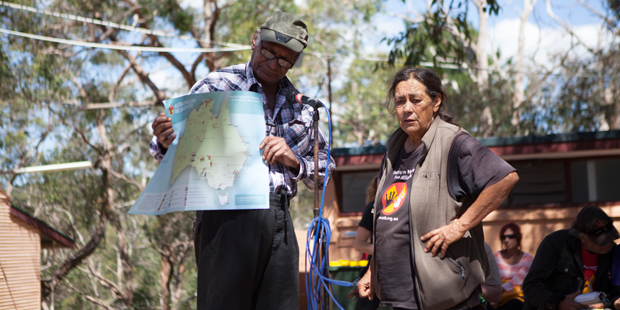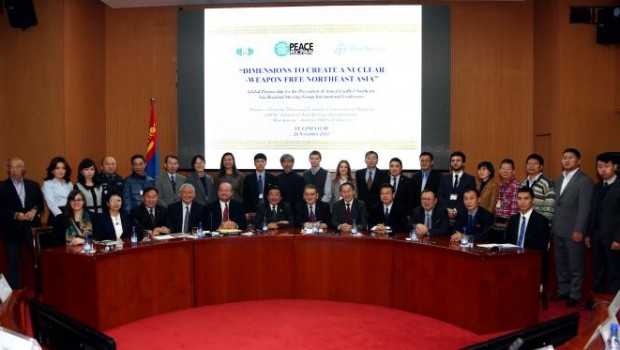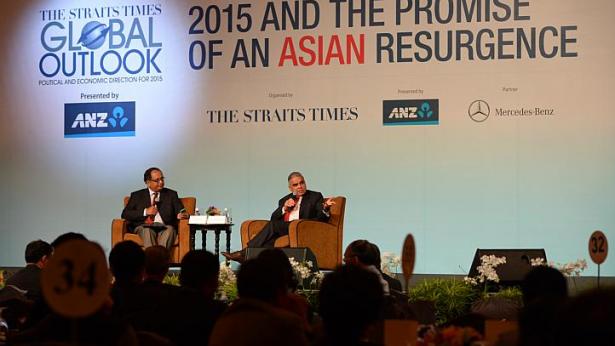While millions of Afghans have fled to Pakistan over the past four decades, Pakistanis are flocking to Afghanistan. There are not only those who flee Pakistani military operations in Waziristan, but also Pakistani Balochs who say that they flee from repression by the Pakistani government, linked to latest Baloch insurgency activities. In Afghanistan, they live in precarious conditions. The Afghan authorities seem to exert a hand-off approach, and the UN sees them as a marginal issue.
By Monica Bernabe* | IDN-InDepth NewsAnalysis
KABUL (IDN | ANA) – Abdul Waheed’s mutilated corpse was found on December 1, 2010, 20 kilometers from the town of Kalat, in Pakistan’s troubled Balochistan province, the largest, but least populated of the country.


